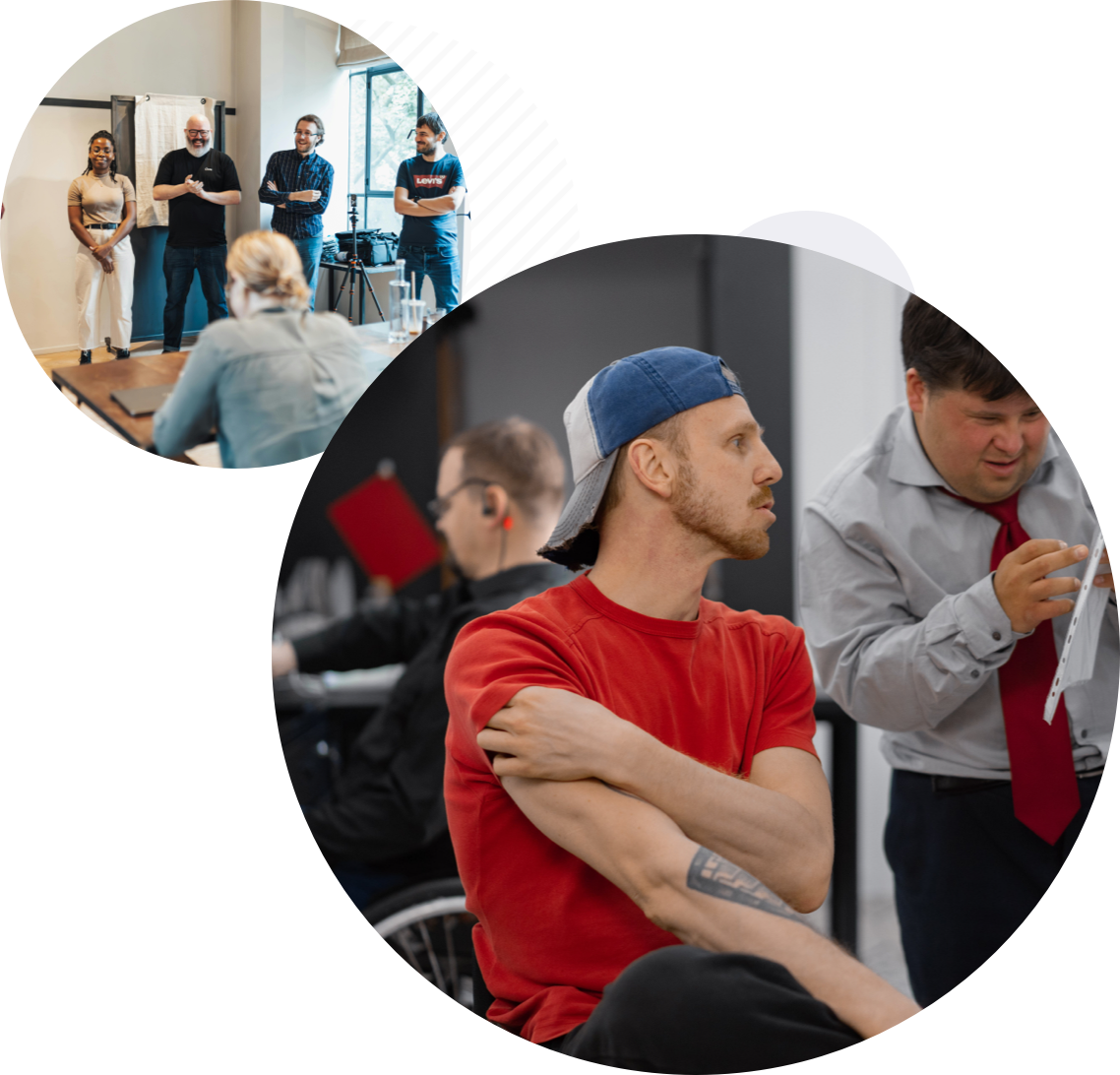Organizational Strategy
We take a holistic, cognitive and data-driven approach to diversity, equity, accessibility, racial justice, and inclusion.

DEI Organizational Strategy
A DEI (Diversity, Equity, and Inclusion) organizational strategy is a comprehensive plan that outlines an organization’s commitment to fostering diversity, ensuring equity, and promoting an inclusive culture across all aspects of its operations. This strategy involves a systematic and intentional approach to embed DEI principles into the organization’s mission, values, policies, and practices.
A successful DEI organizational strategy is dynamic, evolving, and deeply integrated into the fabric of the organization. It requires ongoing commitment, collaboration, and adaptability to create a workplace that is not only diverse but also equitable and genuinely inclusive.
DEI Organizational Strategy
Here’s an overview of what a DEI organizational strategy might look like:
- Mission and Values:
- Integration of DEI into Mission and Values: Clearly articulate the organization’s commitment to diversity, equity, and inclusion in its mission and core values. Ensure alignment with overall business objectives.
- Leadership Commitment:
- Visible Leadership Commitment: Demonstrate visible and vocal commitment to DEI from top leadership. Leaders should actively champion DEI initiatives and model inclusive behaviors.
- DEI Governance Structure:
- Establishment of a DEI Council or Committee: Form a dedicated DEI council or committee responsible for overseeing and guiding DEI initiatives. Ensure representation from various levels and departments within the organization.
- Needs Assessment and Baseline Data:
- Conduct a Needs Assessment: Understand the organization’s current state regarding diversity, equity, and inclusion. Collect demographic data, conduct employee surveys, and identify areas for improvement.
- Goal Setting and Objectives:
- Set Clear DEI Goals: Define specific, measurable, achievable, relevant, and time-bound (SMART) goals for diversity, equity, and inclusion. These goals should align with the organization’s overall mission and values.
- Policies and Procedures Review:
- Review and Update Policies: Assess existing policies to identify and rectify any biases. Develop new policies that actively promote diversity, equity, and inclusion, covering areas such as recruitment, promotion, and workplace conduct.
- Recruitment and Hiring Practices:
- Implement Inclusive Recruitment Practices: Develop strategies to attract and hire a diverse talent pool. Ensure unbiased and inclusive recruitment and selection processes.
- Training and Development Programs:
- Implement DEI Training: Provide ongoing training programs for employees at all levels to enhance awareness of DEI issues, including unconscious bias training, cultural competence workshops, and inclusive leadership development.
- Employee Resource Groups (ERGs):
- Support ERGs: Encourage the formation and growth of Employee Resource Groups that provide a supportive community for employees with shared identities or interests.
- Performance Evaluation and Recognition:
- Revise Performance Metrics: Evaluate and revise performance evaluation criteria to ensure they are fair and unbiased. Recognize and reward behaviors that contribute to a diverse and inclusive workplace.
- Communication and Transparency:
- Develop a Communication Plan: Communicate DEI initiatives transparently to employees. Share progress, challenges, and successes regularly through various communication channels, including town hall meetings and internal newsletters.
- Metrics and Measurement:
- Establish Key Performance Indicators (KPIs): Define measurable KPIs to track the success of DEI initiatives. This may include demographic representation, employee satisfaction scores, and promotion rates.
- Legal Compliance:
- Stay Informed: Ensure that DEI initiatives align with and comply with relevant anti-discrimination laws and regulations.
- Community Engagement:
- Engage with External Organizations: Collaborate with external organizations and community groups that share DEI values. Participate in community events and initiatives that support diversity and inclusion.
- Continuous Improvement:
- Regular Assessments: Schedule regular assessments of DEI initiatives. Gather feedback from employees and stakeholders. Adjust strategies based on data and evolving organizational needs.
- Resource Allocation:
- Allocate Resources Appropriately: Dedicate the necessary resources, both financial and human, to support the successful implementation of the DEI strategy.
- Accountability:
- Establish Accountability Measures: Hold leaders and employees accountable for meeting DEI goals. Implement mechanisms for regular reviews and assessments.
- Supplier and Vendor Diversity:
- Include Supplier and Vendor Diversity: Extend DEI principles to the selection of suppliers and vendors, ensuring a commitment to diversity and inclusion throughout the supply chain.
- Feedback Mechanisms:
- Create Feedback Mechanisms: Establish channels for employees to provide feedback on DEI initiatives. Use this feedback to make informed adjustments and improvements.
- Participate in Industry Benchmarking:
- Benchmark Against Industry Standards: Participate in industry surveys and benchmarks related to diversity and inclusion. Use the insights gained to enhance your organization’s DEI efforts.

Intersectional DEI Capabilities
We are facilitators, educators, and speakers who help organizations tackle diversity and inclusion through customized facilitation training, mediation, and speaking engagements to help create better practices.
- Workshops & Training
- Facilitation
- Executive Coaching
- Speaking Engagements
- Conflict Management
- Inclusive Marketing
- Policy Review
- Inclusive Processes and Systems
- Strategic Planning
- Talent Management
- Impact Investing
- Social Responsibility
- Employee Resource Groups (ERG) and DEI Initiative Development
- Keynote Speaking Engagements
- DEI Focused Retreat Experience
- DEI Executive Leadership Coaching
- Diverse Talent Recruitment and Retention
- Impact Investing Guidance and Support
- Active Listening Workshops and Seminars
- Organizational Change Management
- DEI Internal and External Communications Plans
- DEI Marketing
- Racial Equity & Anti-racism Training
- Allyship Training
- Angel and VC Funding Partnerships
- Organizational Management & Valuing of Human Difference
- Mental Health Educational Programs
- Launching Employee/Business Resource Groups/Affinity Groups
- DEAI Audits and Assessments
- Unconscious Bias Training
- Understanding Microaggressions
- Women’s Leadership Conferences & Events
- Wellness Initiatives
- Setting DEI Metrics & Tracking
- Selecting, Hiring & Developing a DEI Officer
- Establishing High Performing Diversity Councils/Committees






